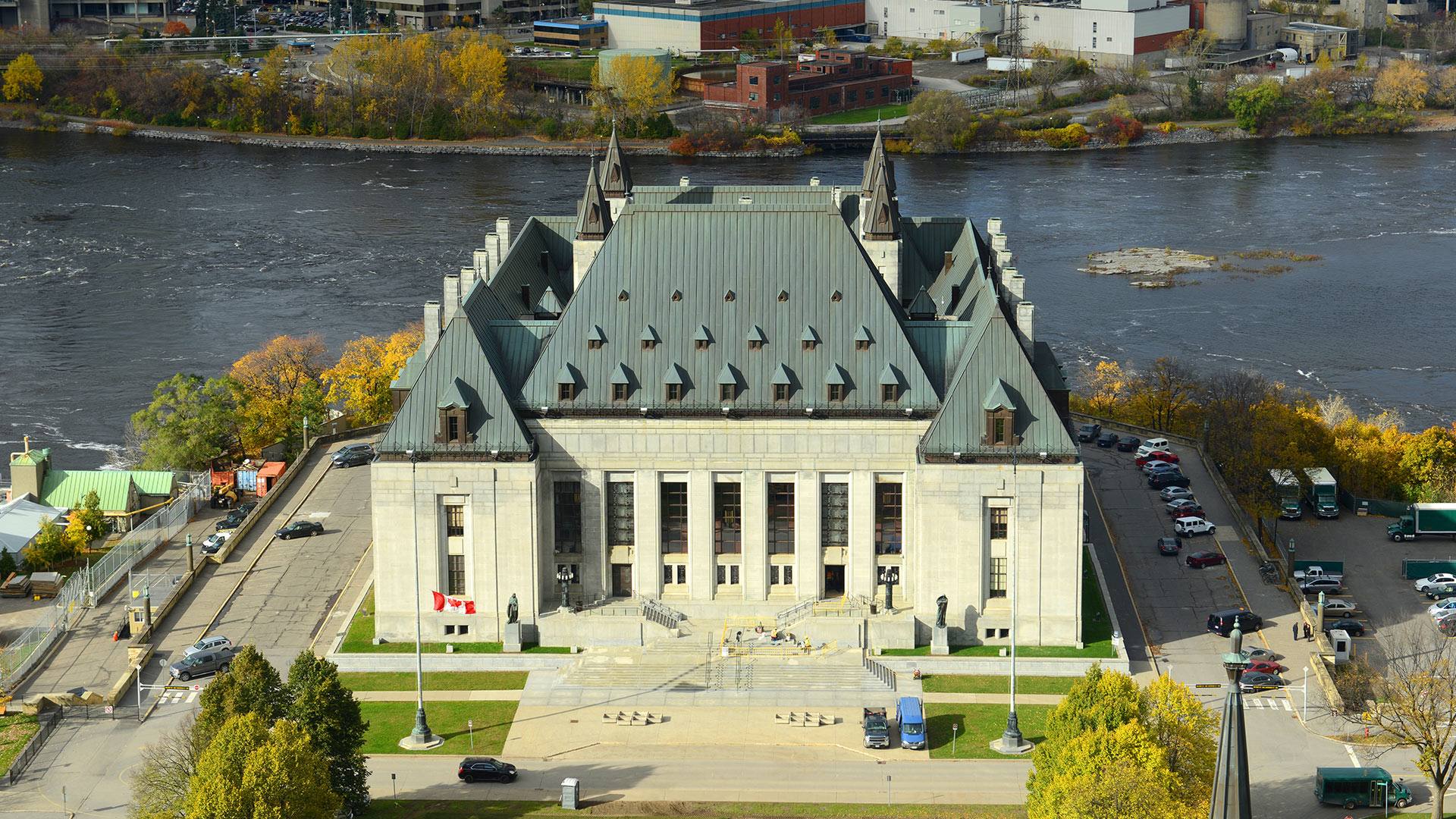On November 5, 2020, the Supreme Court of Canada ruled for the first time on the scope of the protection against cruel and unusual treatment or punishment guaranteed under section 12 of the Canadian Charter of Rights and Freedoms (Charter) and particularly on the beneficiaries of this protection.
This important Supreme Court of Canada decision in Quebec (Attorney General) v. 9147-0732 Québec inc1. provides that corporations are excluded from the scope of section 12 of the Charter and, as a result, do not benefit from the protection against cruel and unusual treatment or punishment.
The facts and judicial history
In 2016, 9147-0732 Québec inc. (Québec inc.) was found guilty for having violated section 46 of Quebec’s Building Act2. Under the Building Act, any offence under section 46 is punishable with a mandatory minimum fine which, in the case of Québec inc., totalled $30,843 at the time3.
Québec inc. challenged the constitutionality of the mandatory minimum fine provided in the Building Act on the basis that it offended its right to be protected against cruel and unusual treatment or punishment under section 12 of the Charter4. Both the Court of Québec and the Quebec Superior Court held that corporations are not covered by section 12 of the Charter, given that the object of the protection against cruel and unusual treatment or punishment is the protection of human dignity, a notion intrinsically linked to human beings5.
In a divided decision, the Quebec Court of Appeal allowed the appeal and concluded that section 12 of the Charter applied to corporations6. In the opinion of the majority judges at the Court of Appeal, the existing connection between section 12 and human dignity did not constitute an [translation] "unsurmountable obstacle preventing the extension of the protection provided by section 12 to a corporation or an organization."7 In addition, according to the majority judges, broadening the scope of this protection to corporations appeared in the XXIst century to be [translation] "in the normal order of things."8 Chamberland J.A., dissenting, would have dismissed the appeal since the notion of human dignity – inseparable from the protection in section 12 of the Charter – does not apply to corporations9.
Protection from cruel and unusual treatment or punishment is characterized by human dignity
Brown and Rowe JJ., speaking for the majority of judges of the Supreme Court,10 conclude that the protection granted by section 12 of the Charter does not apply to corporations11. First, they point out that the Supreme Court jurisprudence on section 12 of the Charter is marked by the concept of human dignity12.
Furthermore, the conclusion that section 12 does not apply to corporations but solely to human beings is also supported by the historical origins of the protection granted by this section and by the word "cruel" in the wording of section 1213. Regarding this last point, Brown and Rowe JJ. endorse Chamberland J.A.’s analysis according to which the "ordinary meaning of the word ’cruel’ does not permit its application to inanimate objects or legal entities such as corporations."14
Interests of corporation stakeholders
In determining the scope of section 12 of the Charter
Brown and Rowe JJ. also conclude that "the existence of human beings behind the corporate veil is insufficient to ground a s. 12 claim of right on behalf of a corporate entity, in light of the corporation’s separate legal personality." Accordingly, contrary to the majority at the Court of Appeal, they reject "the proposition that the effect of a corporation’s bankruptcy on its stakeholders should be considered in determining the scope of s. 12" of the Charter16.
In criminal and penal law
Although Brown and Rowe JJ. specify in their reasons that the effect of a corporation’s bankruptcy on its stakeholders is not a relevant aspect that should be considered in determining the scope of section 12 of the Charter, this does not mean that the interests of a corporation’s stakeholders will never be considered in criminal and penal law.
In fact, the interests of a corporation’s stakeholders may be considered at other stages of the criminal or penal process. For example, in their reasons, the majority of the Quebec Court at Appeal pointed out that regarding the process of determining the punishment, [translation] "the law requires that a penal or criminal penalty considers the public interest," which includes, among other things, [translation] "the need to ensure economic viability of the organization and maintain jobs."17
In this decision, the Supreme Court does not make a general statement on the consideration of stakeholders’ interests, but solely on their consideration in determining the scope of section 12 of the Charter.






